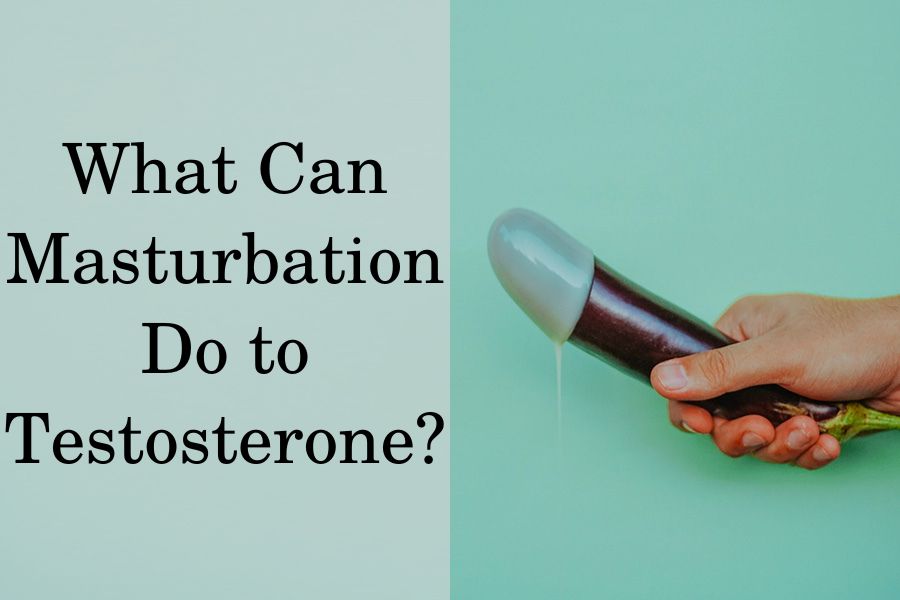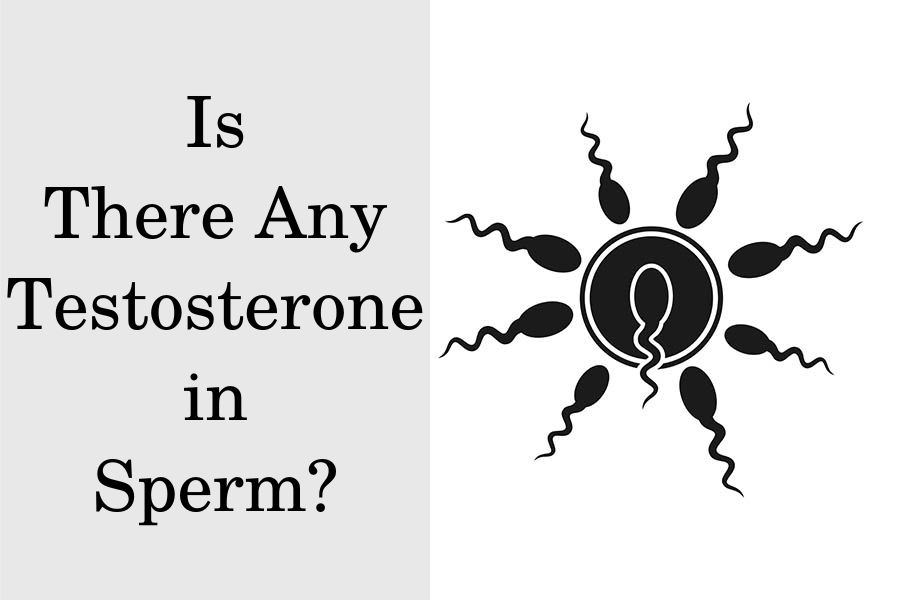You have probably heard of famous athletes and successful men who have abstained from masturbation and sex for long periods in order to boost their performance and success.
One of the main reasons behind doing so is the belief that masturbation may “drain” your testosterone (T) levels since T is made in the testes, and during ejaculation, you are dumping the contents away.
Yet, research on the topic is scarce, despite its popularity. And the available studies suggest the overall effect of masturbation on testosterone levels may be neither positive nor negative.
On the other hand, the effect of sex on testosterone appears to be mostly positive, and men with higher testosterone levels often have increased sexual desire as well.
In this article, we will discuss how sexual activities such as masturbation affect testosterone and whether abstaining from ejaculation may have any benefits for your T levels.
How does ejaculation affect testosterone?
One of the concerns regarding the effects of masturbation on testosterone levels is the fact that sexual tension and desire are reduced after an orgasm, which is often associated with low T.
Yet, ejaculation itself does not appear to have an immediate effect on testosterone, according to research. T levels may actually increase during sexual intercourse, but they remain unchanged before, during and after the orgasm.
A trial in 10 men also showed that ejaculation during masturbation had no effects on their testosterone. Animal studies in primates also do not show any change in T levels following ejaculation.
Ejaculation may even help maintain normal T levels by reducing stress levels. Certain types of stress, such as anticipatory stress, can lower T levels in men.
Unfortunately, there aren’t any studies reporting on the long-term effects of ejaculation during masturbation
However, research on T levels in older men reports that those who have sex more frequently (and therefore ejaculate more often) tend to have higher testosterone levels than the other participants. Please note that in some cases, too high testosterone levels can lead to ED and other negative effects on sexual health.
It’s important to note that the long-term increase in T levels in these men may be due to the frequent ejaculations but also due to the psychological effects of sex, such as feelings for intimacy, success, and dominance which are usually missing during masturbation.
Therefore, it remains unclear whether masturbation may have any long-term effects on testosterone in men.
Can masturbation decrease testosterone levels in men?
Despite the fact that the evidence is scarce, both human and animal studies suggest that masturbation and ejaculation do not decrease testosterone levels in the short term.
However, experiments in rodents report that the frequency of ejaculation may influence the response of the body to testosterone.
One study in male rats found that having 1-2 ejaculations in a short time span had a boosting effect on the testosterone receptors in their bodies. On the other hand, four or more had the opposite effect and reduced the receptors’ activity.
Therefore, the researchers suggested that too many ejaculations can lead to sexual exhaustion and lower the responsiveness of your receptors to T levels.
Other animal studies also confirm these results, reporting both a decline in testosterone receptors and an increase in estrogen receptors in rats following multiple ejaculations.
>>>Read next: Does testosterone increase penis size?
How much testosterone is in semen?
Normally, semen contains testosterone alongside other hormones such as estrogens, luteinizing hormone (LH), and follicle-stimulating hormone (FSH).
Testosterone is the main hormone found in semen because the testes produce large amounts of it, and it is mandatory for normal sperm growth and development.
In fact, your intratesticular T levels are much higher than the testosterone levels in your blood, so the fact that some amounts of the hormone will pass into your semen cannot influence your serum levels.
On the other hand, synthetic testosterone that’s administered via medications will not pass into your sperm.
Testosterone replacement therapy (TRT) can be administered via pills, intramuscular injections, subcutaneous implants, and gels, so it cannot affect intratesticular T levels. Even if a transdermal patch or gel is applied to the scrotum, the TRT dosage is much lower than the normal intratesticular levels in healthy men.
In fact, men who take synthetic testosterone may experience lower intratesticular T levels and, therefore, lower amounts of the hormone in their semen.
That’s because exogenous testosterone suppresses the normal synthesis of T in the testes, and in some cases, it may even lead to infertility.
Get a free consultation with our medical expert for any questions about hormone replacement therapy



